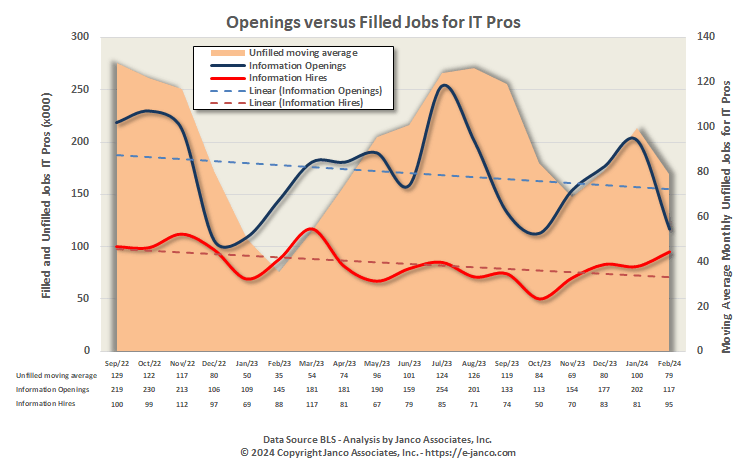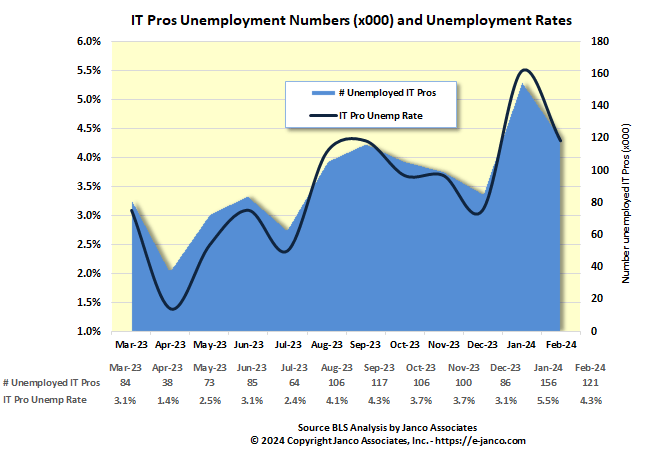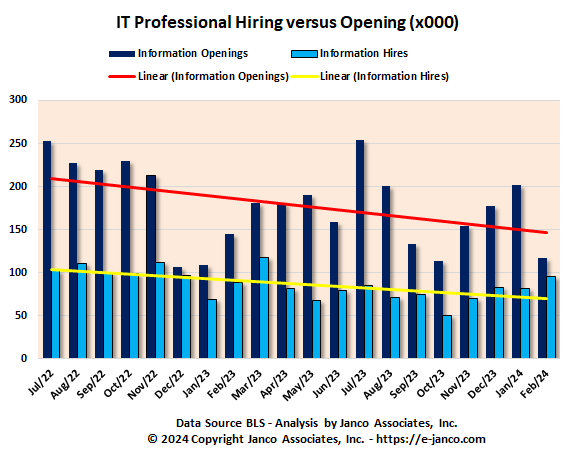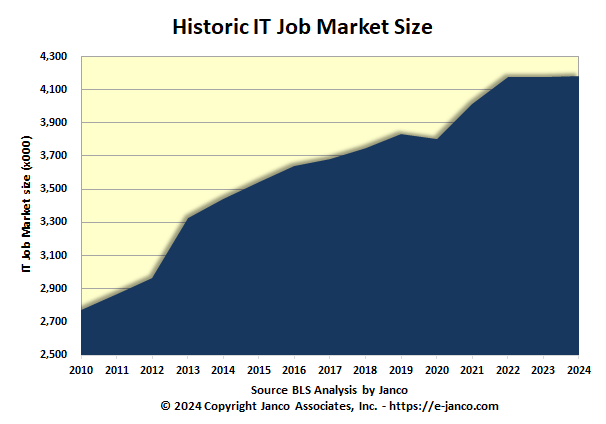Merger Compliance Mandates
How Will FCC Proposed Merger Requirements Impact IT Job Market
With AI, blockchain, and a looming recession, many enterprises are looking to control costs while operational transformations are taking place. Companies that want to grow by merger or acquisition often do so with the idea they can consolidate operations and eliminate redundant staff. Many of those positions are in the Information Technology groups. These mergers can lead to the elimination of some redundant jobs in IT.
The proposed changes to merger filings - which are required by a 1976 law, the Hart-Scott-Rodino Act - would require companies to provide details about their employees’ job categories and geographical data on where workers may overlap post-merger. Federal antitrust enforcers would use HSR filings to determine whether they will further probe, and if necessary, challenge anticompetitive deals.
The rule changes will require enterprises to consider labor markets and companies’ treatment of their employees. This in turn will open a new front in merger challenges brought by the FTC and the Justice Department. Broader disclosures would allow the enforcers to more easily examine how a merger could eliminate workers’ choice of employers, which can harm wages and benefits.
Some pundits feel this will not impact the IT Profession as there are more job openings than qualified candidates. However with a recession looming over the horizon that may not be the case.
Job Openings for IT Professionals

A major pullback of the number of excess jobs for IT Pros occurred in the 4th quarter of 2022 and continued through last quarter of 2023 - economic slowing and resulting layoffs have impacted on number of unfilled jobs available for IT Professionals. In December the number of unfilled jobs for IT Professionals fell.
In February there were 121K unemployed IT Professionals

Hart-Scott-Rodino Act - HSR
With the DOJ under attack for potential “political prosecutions”, the addition of more regulations that could impact IT job market growth and mergers that could improve productivity that is favored by one political party or agenda.
The Hart-Scott-Rodino Act established the federal premerger notification program, which provides the FTC and the Department of Justice with information about large mergers and acquisitions before they occur. The parties to certain proposed transactions must submit a premerger notification to the FTC and DOJ. Premerger notification involves completing an HSR Form, also called a “Notification and Report Form for Certain Mergers and Acquisitions,” with information about each company’s business. The parties may not close their deal until the waiting period outlined in the HSR Act has passed, or the government has granted early termination of the waiting period.
The HSR Act requires premerger notification for transactions that meet certain statutory thresholds, including a minimum size of transaction threshold currently set at $111.4 million. If required to file, parties may not close their deal until the statutory waiting period (typically 30 days) has passed, or the government has granted early termination of the waiting period. Although the FTC administers the premerger notification program, parties must submit premerger notifications to both the FTC and DOJ. Premerger notification involves completing an HSR Form. Both Agencies review the information collected through the HSR Form but only one would conduct an in-depth review of the proposed transaction.
The FTC’s guide to antitrust laws provides a more detailed explanation of the premerger notification and review process.
IT Job Market Growth
The IT job market has expanded dramatically since the dot com bust (1999-2003). The pandemic (2020-2021) was only a slight blip in growth and the big tech layoffs in late 2022 had minimal impact. However, with the new HSR mandates, there could be several long-term effects.
-
Pre-merger moves by merger candidates towards AI solutions that improve productivity resulting in fewer “coder” and “support” positions before reporting is required.
-
Reclassification of positions SEIM to clerical positions not requiring SEIM education and/or skills.
-
Extended delays in some mergers would extend the life of positions that would be eliminated with consolidations when mergers are consummated.
-
Stopping mergers due to excessive regulatory requirements
What will this mean for the IT Job Market? At this point, it is not clear. The one thing that we see is the big tech will no longer be able to merge two big techs with significant attention to the new focus on anti-trust requirements and impacts on the overall job market.
Read on IT Hiring Kit Order IT Hiring Kit






